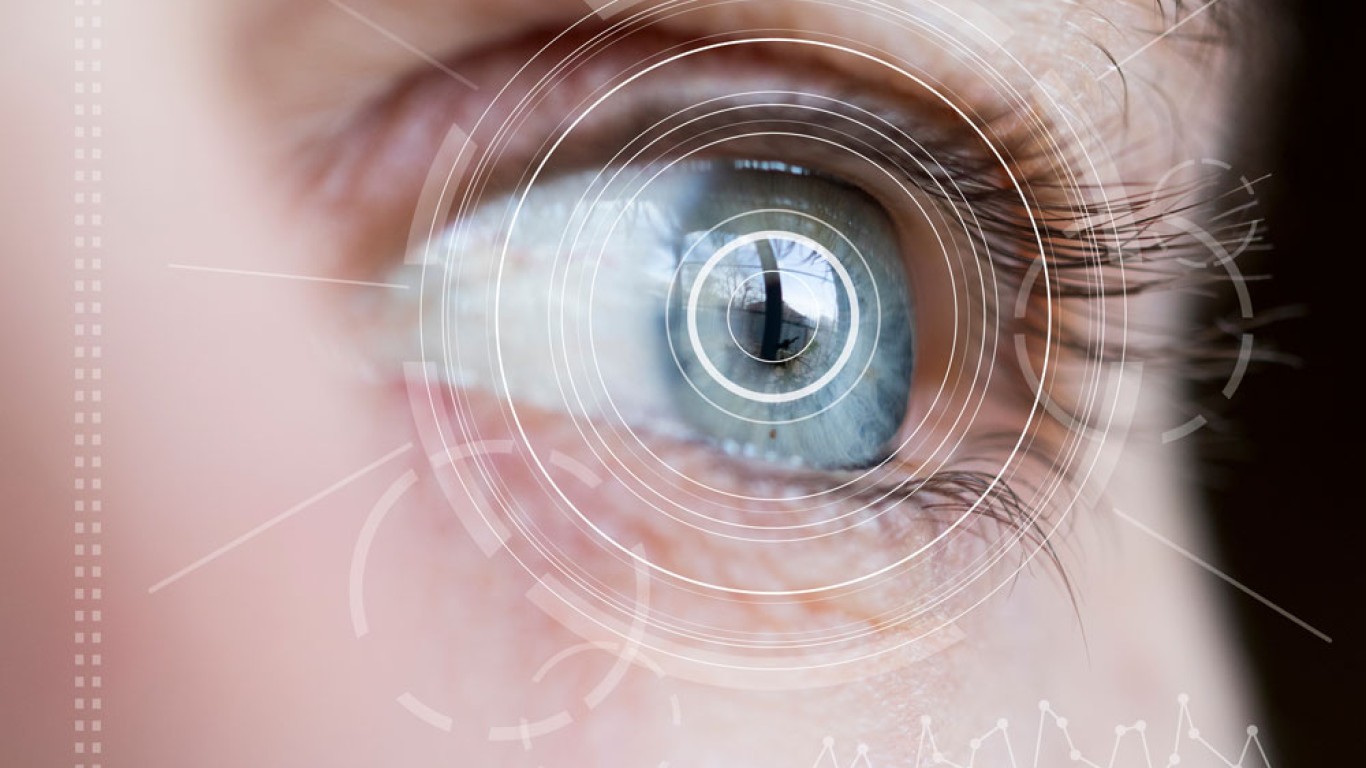Excimer laser eye surgery is a widely used method. It corrects vision problems such as myopia, hyperopia and astigmatism. It reshapes the cornea using precise ultraviolet light to enhance how your eye focuses light. But can this technology improve your vision permanently? This article explores how excimer laser surgery works, its long-term effects, and what you can expect post-procedure.
What Is Excimer Laser Eye Surgery?
Excimer laser surgery is a type of refractive eye treatment. It uses a cool ultraviolet beam to remove small amounts of corneal tissue. This reshaping changes the way light enters the eye, improving focus. Procedures like LASIK and PRK both use the excimer laser. They offer precise correction for common refractive errors.
How the Excimer Laser Procedure Works
During the treatment, your eye is numbed with drops. A thin flap is created on the cornea (in LASIK) or the surface layer is gently removed (in PRK). The excimer laser then reshapes the corneal tissue in under a minute. Afterwards, the flap is repositioned or a lens is placed over the eye to heal. The entire process typically lasts 20 minutes for both eyes.
When Do You See Excimer Laser Results?
Many patients notice improved vision within 24 hours. However, the clearest results often appear after a few days. For PRK, the healing is slower, and vision improves gradually over weeks. Regardless of the technique, most people achieve 20/20 or close to it. Stability in vision is expected within three months.
Is the Vision Improvement Permanent?
In most cases, yes. The excimer laser permanently changes the shape of your cornea. Once the cornea heals and stabilises, the corrected vision is maintained for many years. The procedure does not "wear off" because it involves physical tissue removal. However, this doesn’t mean your eyes won’t change in the future due to ageing.
What Might Affect Long-Term Results?
While excimer laser correction is permanent, natural ageing may affect your vision over time. For example, presbyopia, which affects close-up vision, occurs with age regardless of past surgery. Additionally, some people may experience minor vision changes years later. These can sometimes be corrected with enhancement procedures if needed.

How to Maintain Your Vision After Surgery
To keep your results, follow all post-surgery care instructions closely. Use prescribed eye drops and avoid rubbing your eyes. Wear protective eyewear when outdoors to guard against UV light. Regular check-ups are also important. A healthy lifestyle and proper eye care can help maintain your improved vision for years.
Who Is a Good Candidate?
You may be a suitable candidate if you are over 18, have stable vision, and are free of eye diseases. Your corneas must also be thick enough for reshaping. People with very dry eyes, thin corneas, or certain medical conditions may not qualify. A detailed eye exam is the best way to confirm eligibility.
Benefits of Excimer Laser Technology
Excimer lasers provide incredible accuracy. They remove microscopic layers of tissue with precision. This reduces the chance of overcorrection or undercorrection. Furthermore, the laser is cold, so it doesn’t cause heat damage. This safety profile makes it ideal for delicate eye tissue. Recovery time is also relatively quick with few complications.
LASIK vs PRK: Which Uses Excimer Laser?
Both LASIK and PRK use the excimer laser. The difference lies in how the cornea is accessed. LASIK creates a flap, while PRK removes the surface layer. LASIK offers faster recovery, but PRK is sometimes better for thin corneas. Your ophthalmologist will recommend the right choice based on your eye health.
What Happens If Vision Changes Later?
Although rare, some patients may experience vision changes over time. These are usually minor and develop gradually. If your prescription changes, you may be eligible for a “touch-up” enhancement procedure. Most people, however, don’t need a second treatment. Regular eye exams will track any shifts in your vision.
Cost vs Long-Term Value
The upfront cost of excimer laser surgery may seem high. However, the long-term savings on glasses and contact lenses can be significant. Most people find the procedure to be cost-effective over time. Moreover, the boost in confidence and convenience adds to the overall value. Think of it as a lasting investment in your daily quality of life.
Emotional Impact of Clear Vision
Clear vision doesn’t just help you see better. It can also change how you feel. Many patients report higher confidence and reduced daily stress. Activities like driving, sports and reading become easier and more enjoyable. The ability to wake up and see clearly without help is life-changing for many.
What Makes Excimer Laser a Popular Choice?
Excimer laser eye surgery remains a top choice due to its track record and precision. Since its introduction in the 1990s, millions have benefited from its accuracy and predictable results. Additionally, it’s backed by ongoing improvements in laser tracking and mapping systems. These advancements ensure that each pulse of light is targeted exactly where needed. Consequently, patients receive a personalised correction tailored to their eye’s unique shape. Moreover, its use in both LASIK and PRK procedures adds to its broad appeal. Whether you're nearsighted, farsighted or have astigmatism, excimer laser may offer a lasting solution.
Conclusion
Excimer laser eye surgery offers a long-term solution to common vision issues. While the correction is permanent, it doesn’t prevent age-related changes. Still, with proper care and regular monitoring, many patients enjoy clear, stable vision for decades. If you’re tired of relying on glasses or contacts, this might be the right step forward.
For more information and to book a consultation visit the ACIBADEM Beauty Center Laser eye surgery webpage.
Frequently Asked Questions
Yes, the reshaping of your cornea is permanent. Results can last many years, even decades.
Possibly, especially for reading after age 40 due to presbyopia. Distance vision usually stays stable.
No. Your eyes are numbed during the procedure. Some discomfort may follow, especially with PRK.
Yes. Most patients have both eyes treated during the same session.
Yes. Avoid swimming, dusty environments and rubbing your eyes for a few weeks after surgery.













